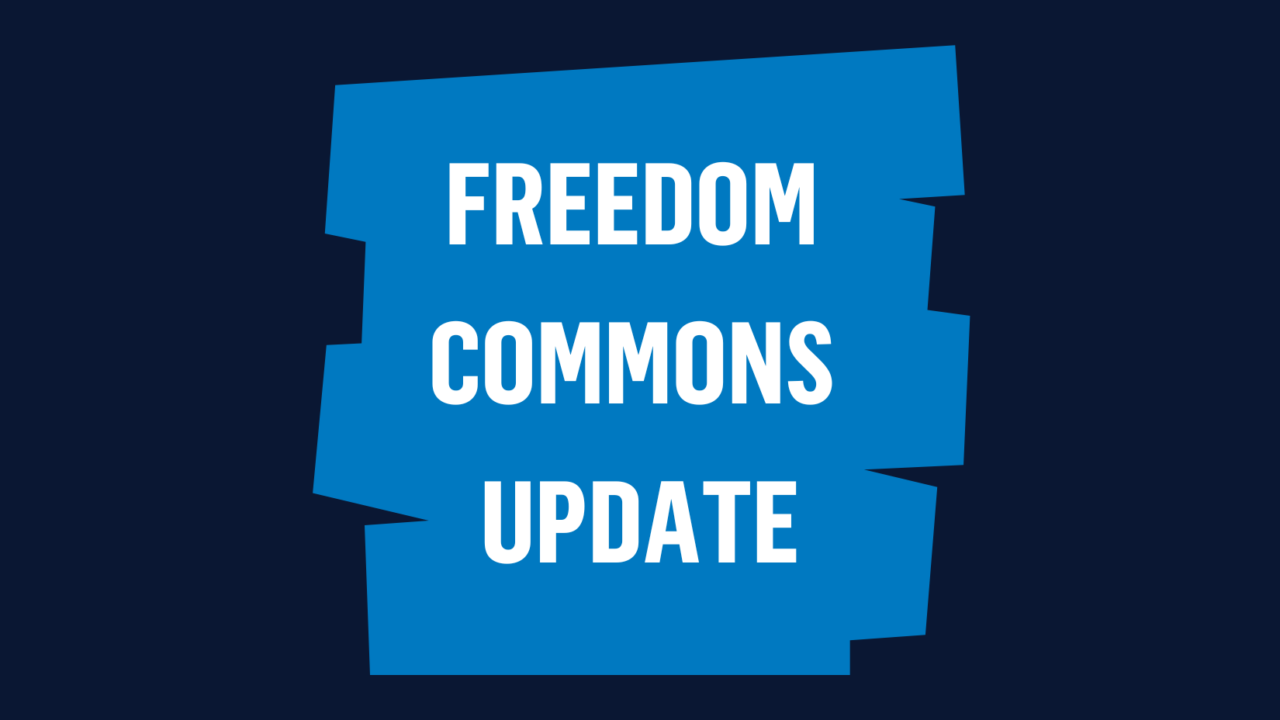IJM Delivers 11,000 Letters Asking Kroger Executives: Will You Join The Fair Food Program?

March 2013
In our Recipe for Change campaign last summer, we learned that most U.S. supermarkets have yet to take the necessary steps to ensure that their tomatoes are not picked by exploited, even enslaved, workers. The problem is real: The Department of Justice has successfully prosecuted 7 cases of slavery in the American Southeast in the past 15 years, freeing over 1200 workers. Most of these cases were out of Florida. Most involved tomatoes.
So what would you do as an executive at Kroger – one of the nation’s largest supermarket chains, with more than 2,400 stores nationwide and $90 billion in annual sales – to guarantee you are not selling tomatoes tainted by slave labor?
Hopefully – if you’re like executives at McDonald’s, Aramark, Whole Foods, Trader Joe’s, Burger King, Subway, Chipotle or one of several other major companies – you forge a partnership with the farmworkers from Florida to guarantee an end to these kinds of labor abuses in your tomato supply chain. And like these other companies, you join the Fair Food Program, a proven solution to slavery in Florida’s tomato fields.
Thanks to the Fair Food Program, huge progress has been made in cleaning up the U.S. tomato supply chain. But in order to ensure these transformational changes are protected, supermarkets—the largest tomato purchasers by far in this country—must join the movement to eliminate abuses in Florida’s tomato fields.
Your Voices Right To The Source
On February 12, International Justice Mission led a group of advocates to Kroger headquarters in Cincinnati, Ohio, with IJM’s state advocacy leaders David and Ann Haugen Michael (Ohio) and Elizabeth McCarty (Kentucky). We sat down with Kroger’s executive decision-makers and urged them to contact Coalition of Immokalee Workers’ (CIW) leadership without delay to craft a Fair Food Agreement that works with Kroger’s tomato supply chain. We also delivered 11,000 letters from people all around the country – many of them Kroger customers – calling on the company to join the Fair Food Program.
Unfortunately, Kroger did not commit to join the Fair Food Program on February 12, and they weren’t able to give us a good reason for their refusal. It was a lively one-hour conversation, and we were tremendously grateful for the opportunity to dialogue, but we came away with persistent questions and concerns.
- Kroger acknowledges the powerful transformation accomplished by the Fair Food Program, and they benefit passively from the fact that the vast majority of Florida’s tomato growers have already implemented its code of conduct. But while Kroger benefits from the FFP, they have not led their peers in supporting it or paying for it.
- Kroger does not have a neutral, transparent auditor to oversee the labor and growing practices in their supply chain. Instead, they rely on their own assessments to enforce their own code of conduct. Given the history of slavery cases in Florida, it’s pretty clear that without an independent mechanism to monitor and enforce worker protections, private codes of conduct are weak at best. Joining the Fair Food Program will guarantee that Kroger is, in fact, serious about ensuring a slave-free and abuse-free tomato supply chain.
Looking Ahead
Even though Kroger did not come on board, we take heart because we communicated our request clearly and were able to deliver the 11,000 signatures of Americans who support the ask. We also take heart knowing that Kroger will continue to hear from farmworkers and advocates nationwide until they take action to ensure a clean supply chain.
Thank YOU for joining us in calling for a Recipe for Change at Kroger. One day, there will be justice in their supply chain because you called them to it first.
Take Action Now!
We still need you! You can still take action for justice in America’s tomato fields. IJM President Gary Haugen recently joined faith and justice leaders from around the country in signing his name to a special ‘Letter of Conscience’ to USDA Secretary Tom Vilsack. We are asking Sec. Vilsack to help lead the U.S. Government in upholding the Fair Food Program by committing the USDA to purchase only fair food tomatoes. Add your name to this letter today!
Seth Wispelwey is a Field Organizer in the Government Relations and Advocacy Department at International Justice Mission.